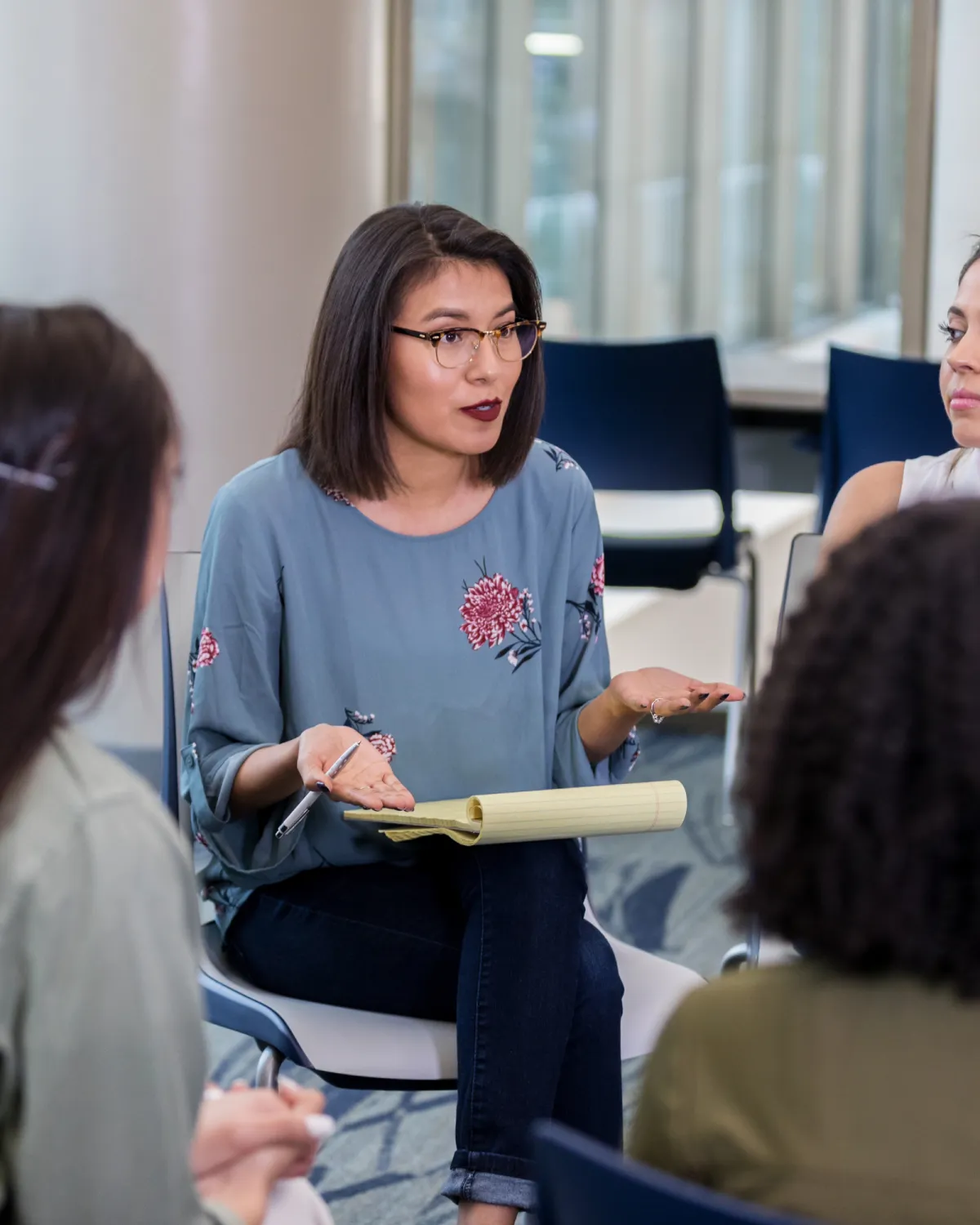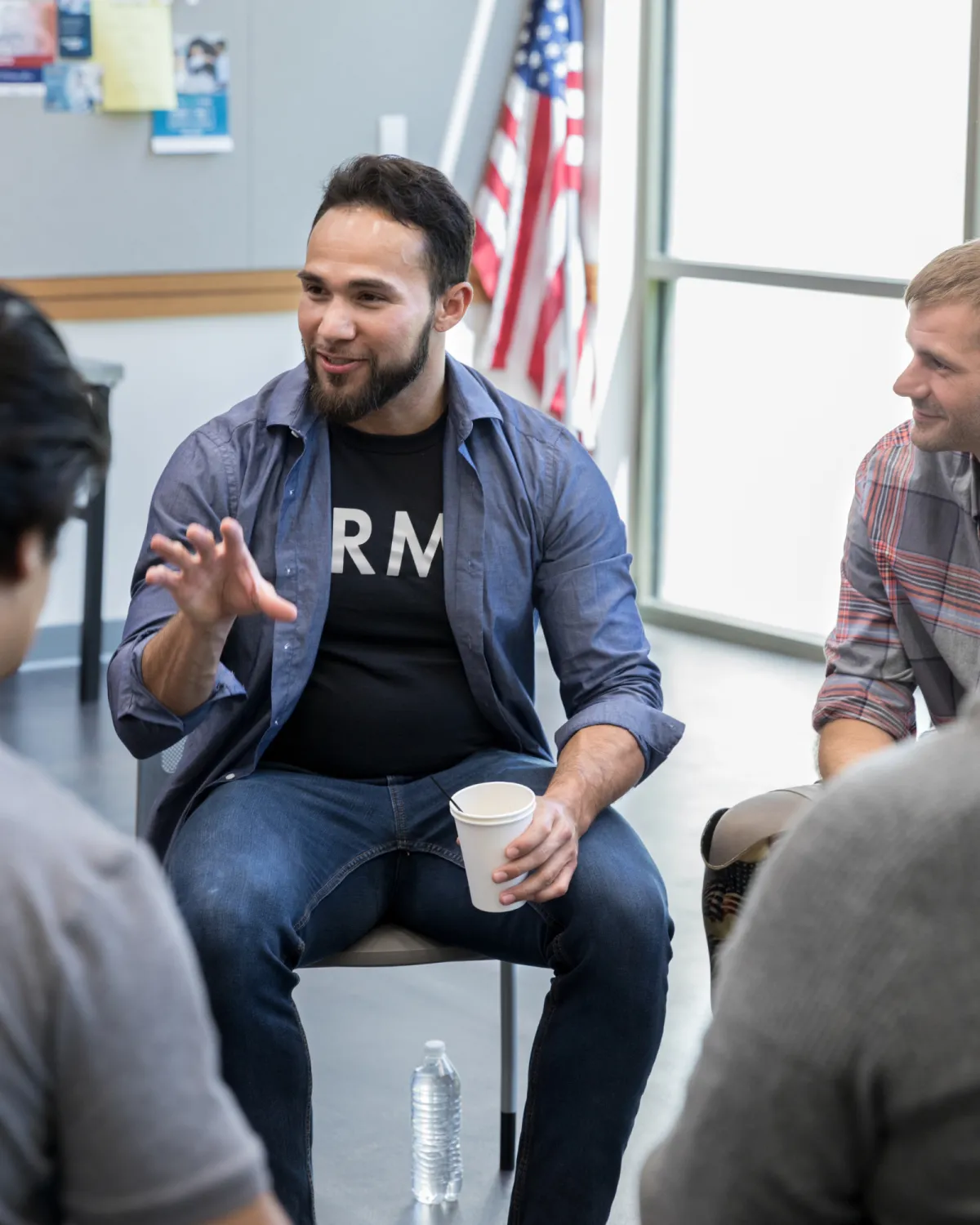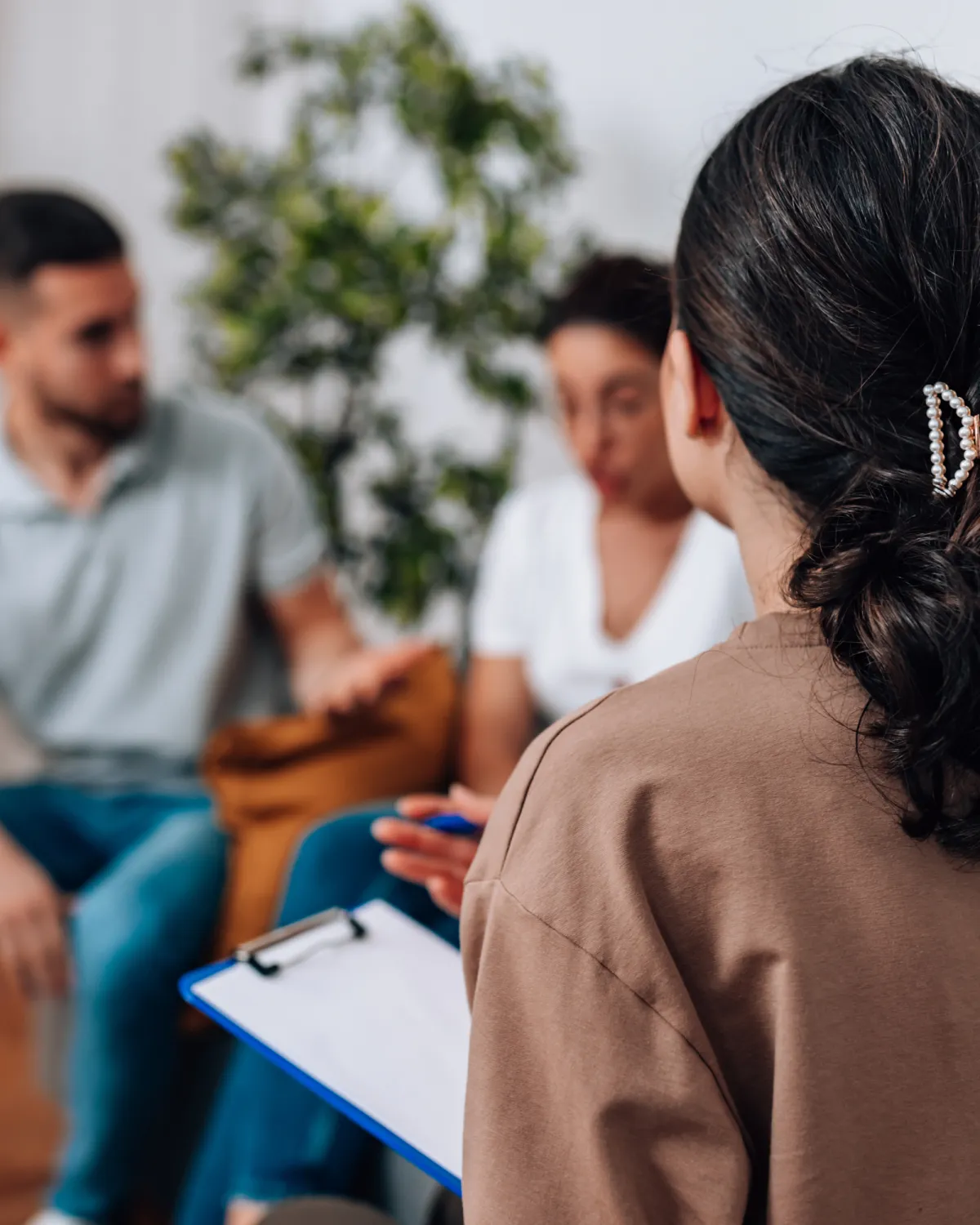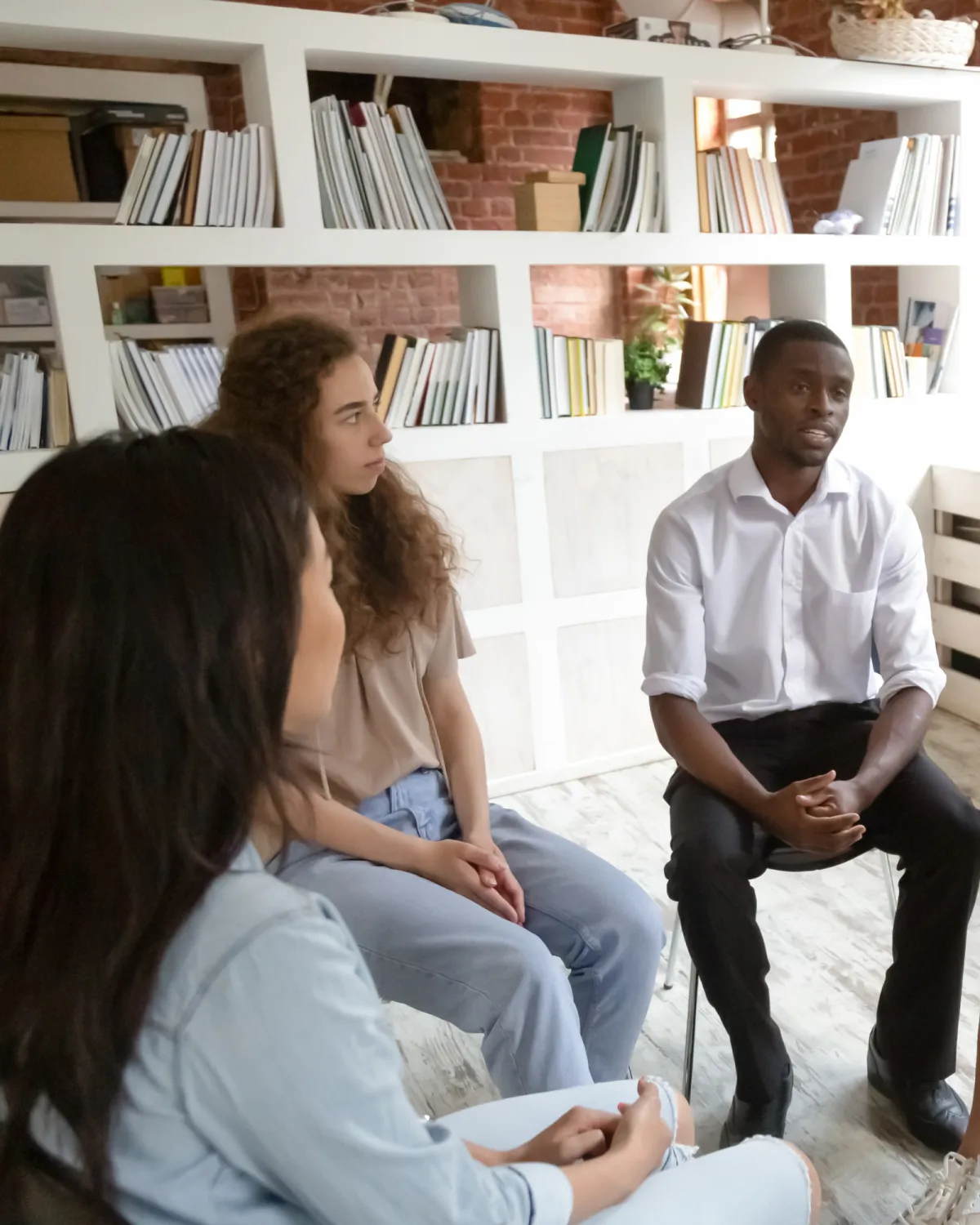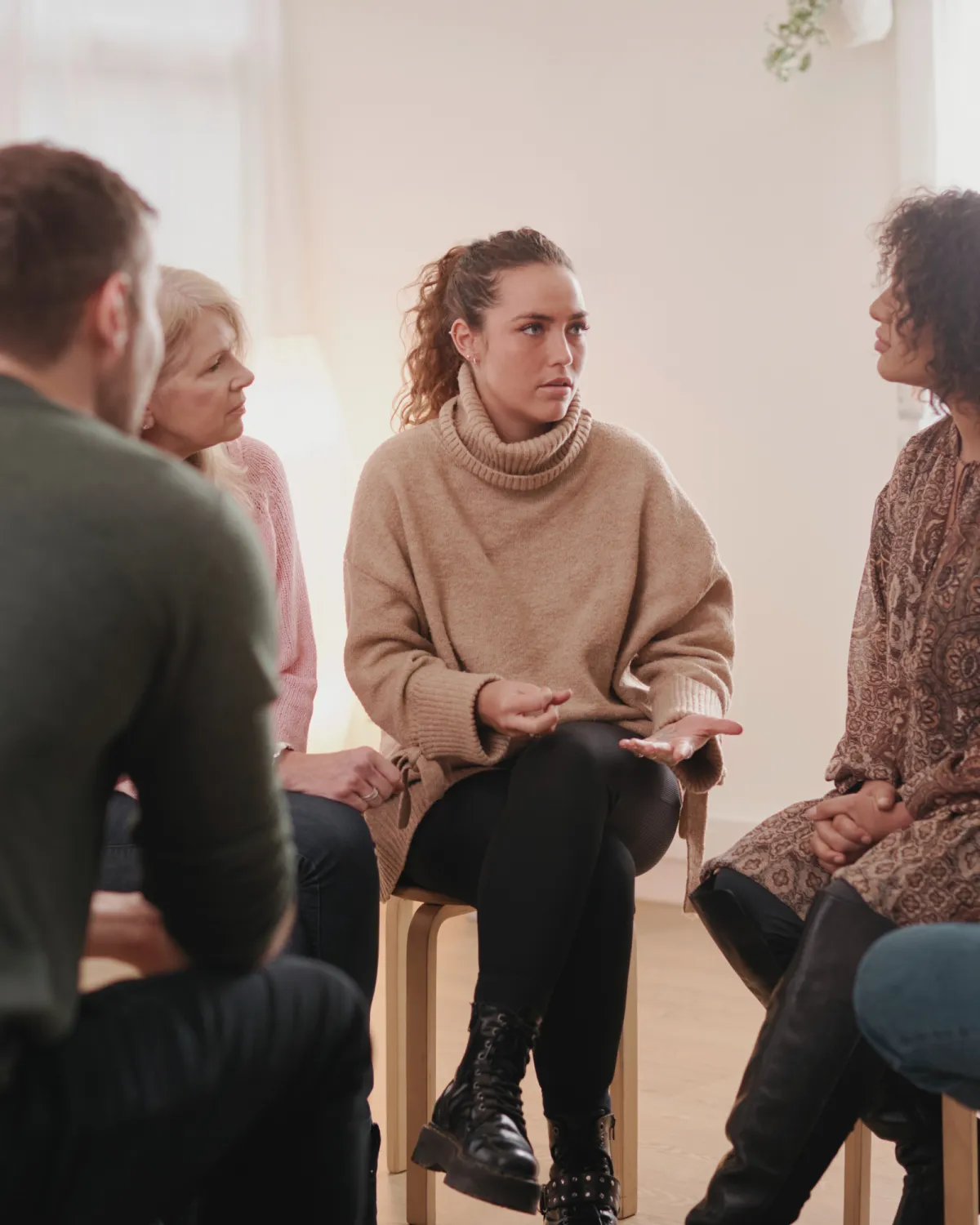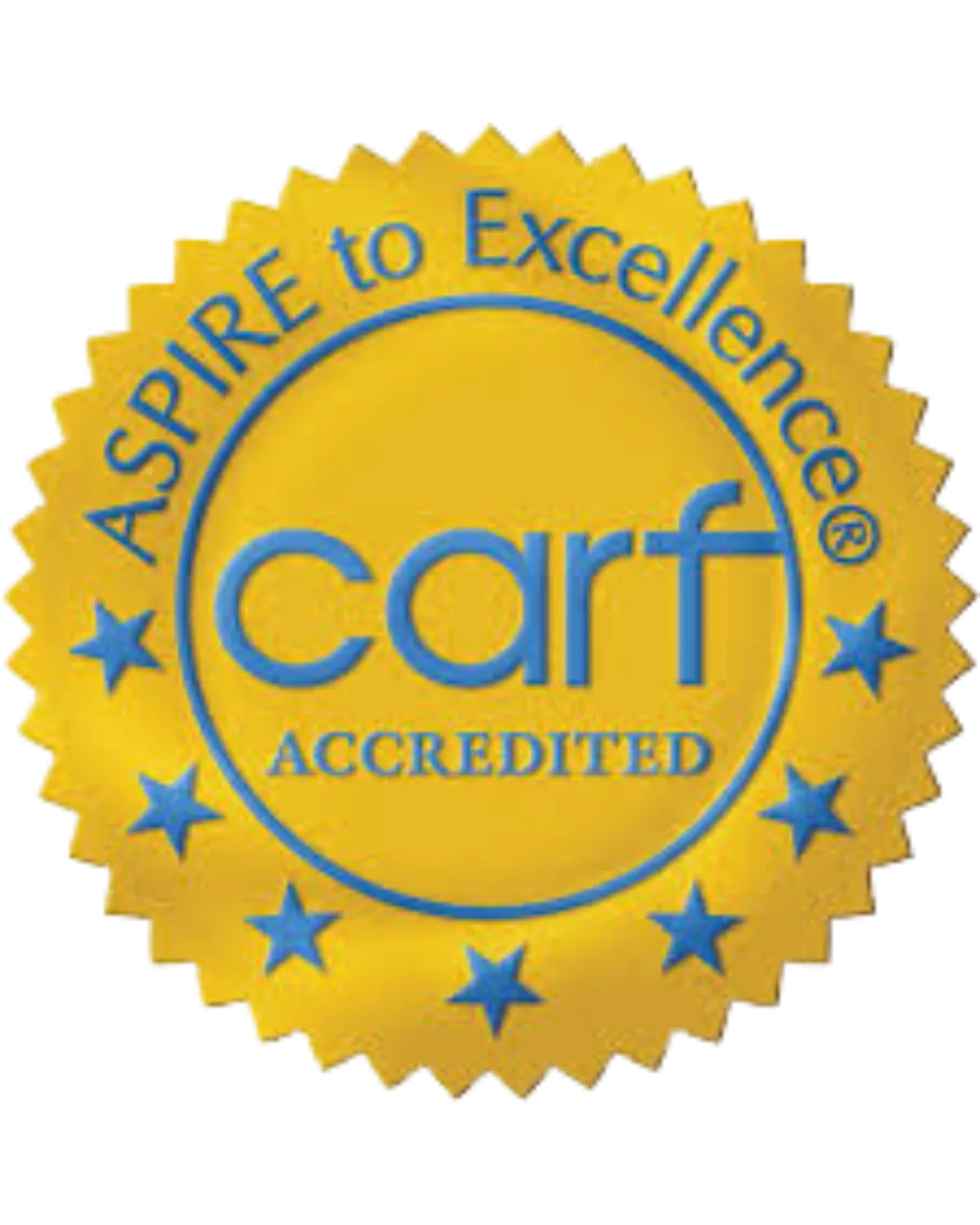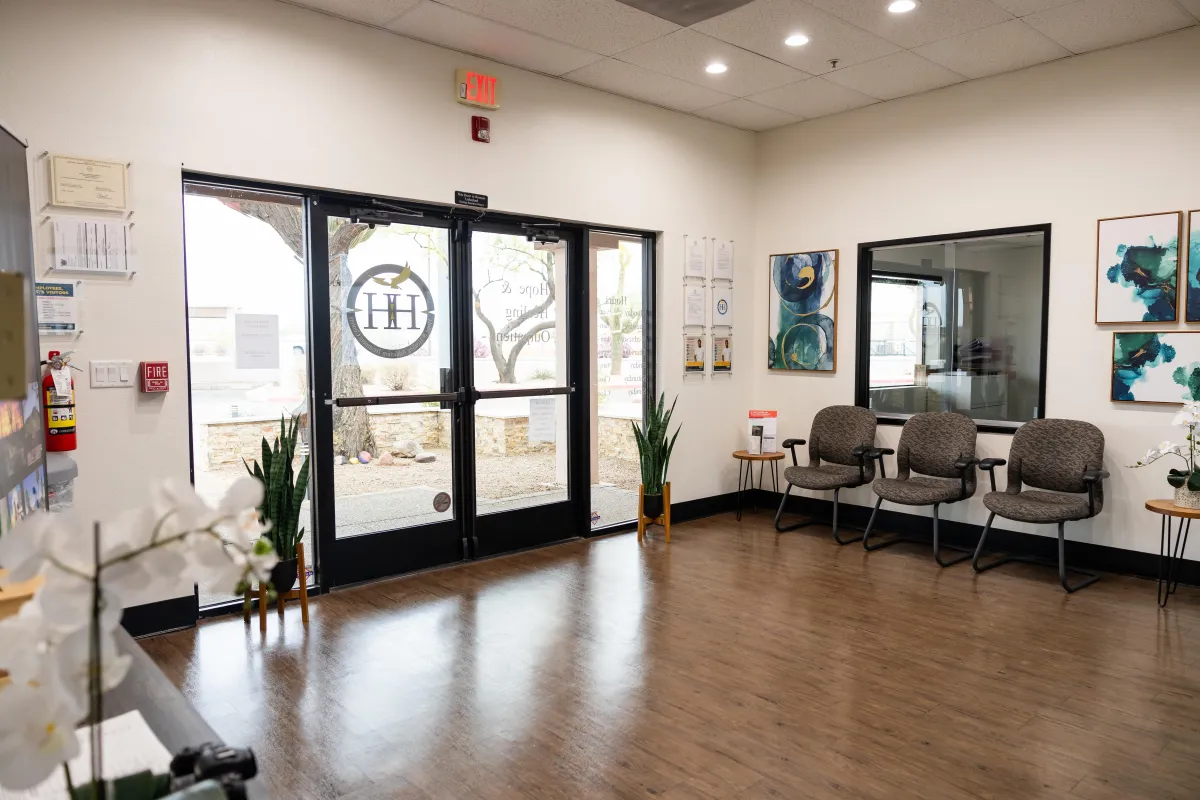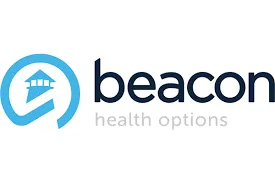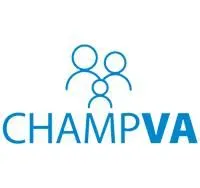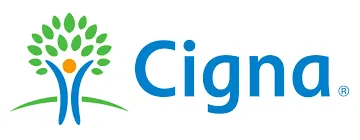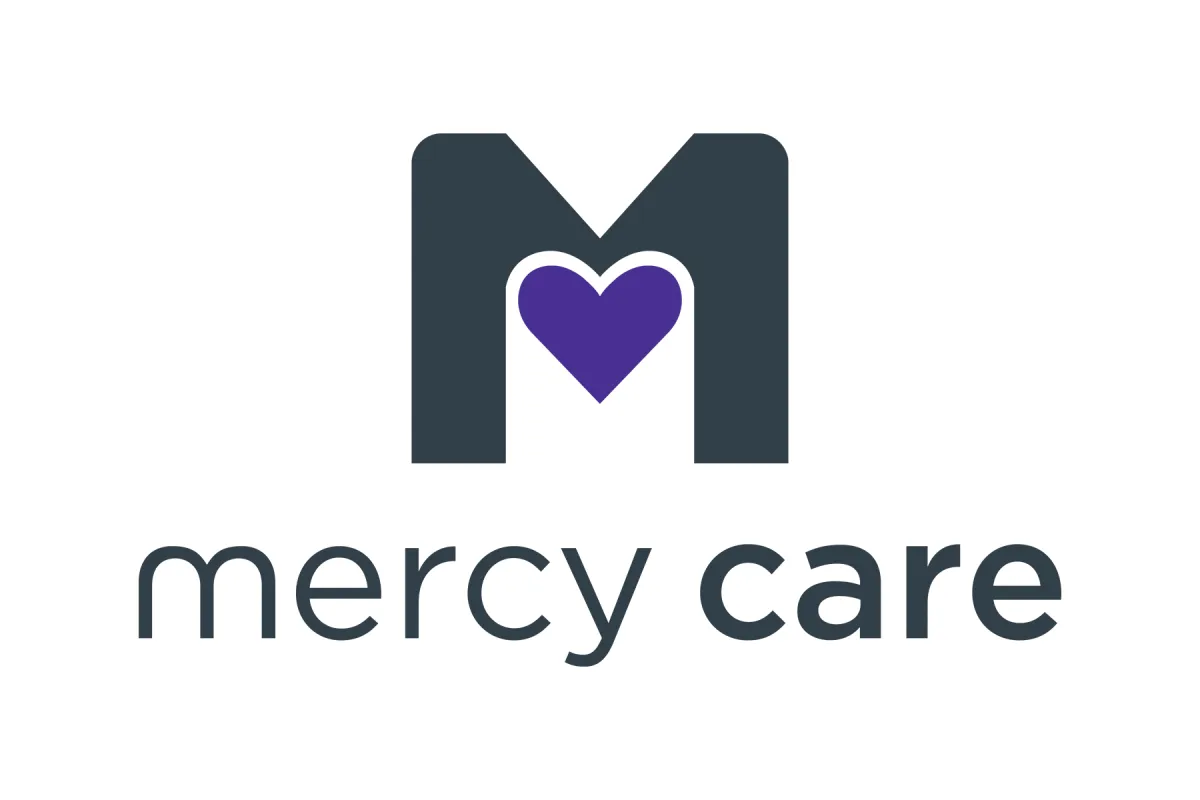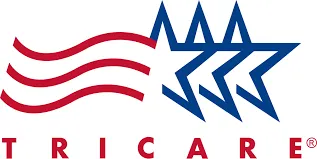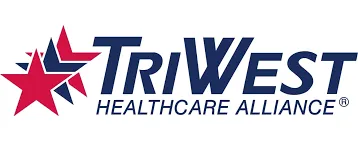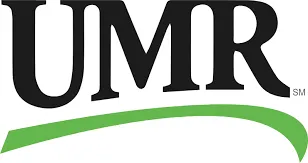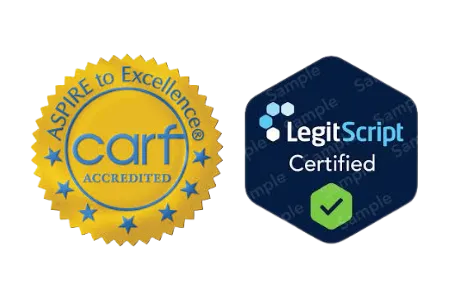WE'RE HERE TO HELP (602) 449-7999
Where Hope Starts & Healing Begins
" The staff was so kind and the residence was so peaceful.
I felt genuinely cared for and seen."
- Hope & Healing Alumni
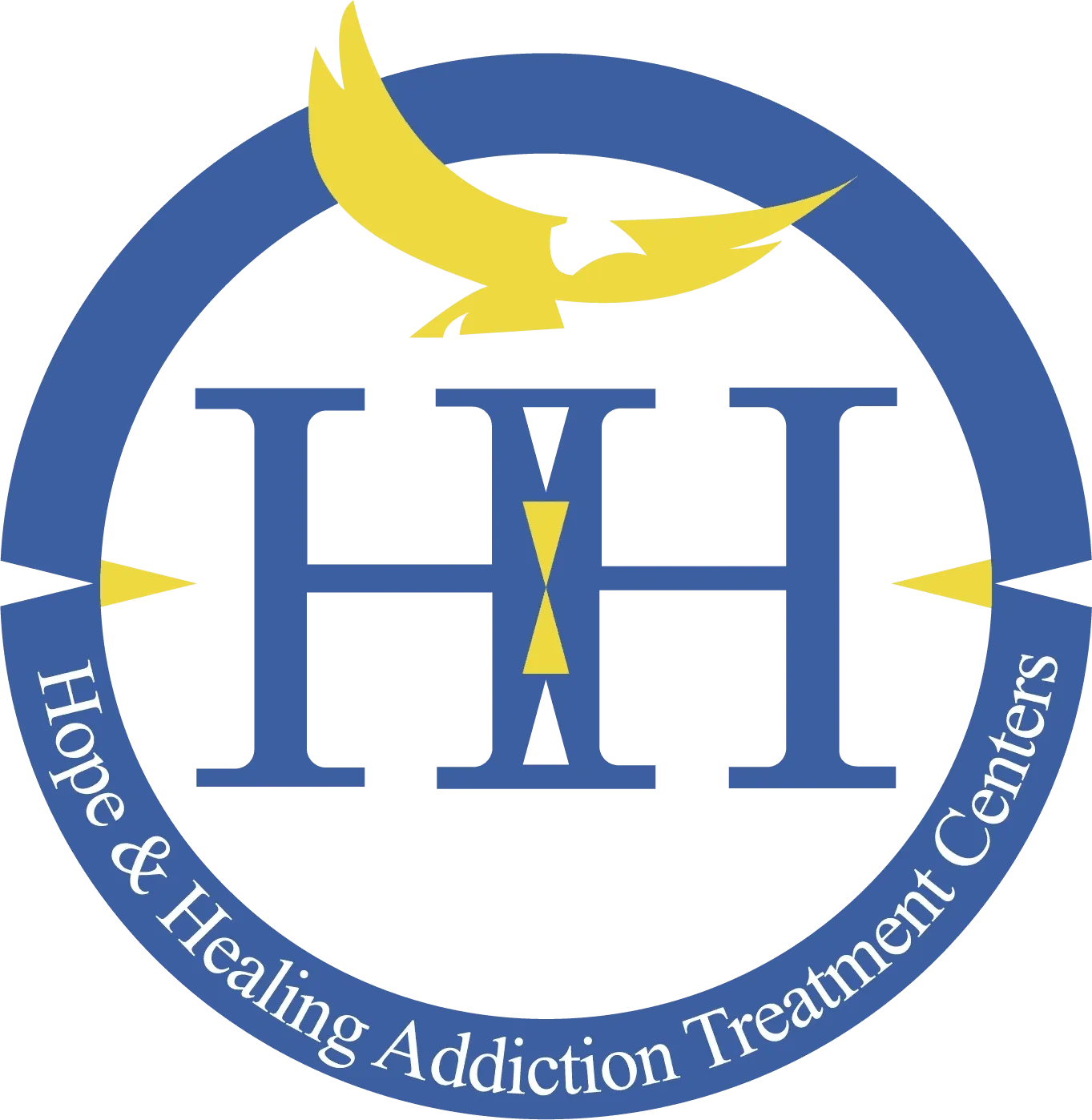
When You Heal the Trauma, There’s Hope for Lasting Recovery
Your story is important. Your recovery is important. This is the foundation of our relationship with our clients.
We care about your challenges and helping you to overcome them.

Conditions Treated @
Hope & Healing Addiction Treatment Centers
Healing Trauma. Restoring Hope. Sustaining Recovery.
ADDICTION
We treat addiction at the root—by addressing the underlying trauma. Our compassionate, trauma-informed approach helps you heal deeply and recover fully.
MENTAL HEALTH
We understand that trauma can shape anxiety, depression, and other mental health challenges. Our trauma-informed approach creates a safe, supportive space to help you heal from the inside out.
DUAL DIAGNOSIS
We specialize in treating both addiction and mental health together—because they’re often connected by unresolved trauma. Our trauma-informed care addresses the root causes, helping you heal fully and recover for life.
TRAUMA
We provide trauma-informed treatment that honors your story, builds trust, and creates a safe space to heal. Our approach helps you process the past and move forward with strength and clarity.
Addiction Treatment Services in Mesa, AZ
Hope & Healing Addiction Treatment Centers offers integrated behavioral health services along with traditional healing methods and teachings for Addiction Services in Mesa, AZ.
Contact An Admissions Specialist Today!
Call to learn more about our treatment programs, admissions process, and pricing.
Mental Health Treatment Services in Mesa, AZ
Hope & Healing Addiction Treatment Centers in Mesa, AZ, offers integrated behavioral health services along with traditional healing methods and teachings for Mental Health Services in Mesa, AZ.
" I kept functioning on the outside, but I was falling apart inside. Treatment helped me reconnect and rebuild on my journey. "
Laura
Hope & Healing Alumnus
Contact An Admissions Specialist Today, There Is A Path To Hope and Healing
Call to learn more about our treatment programs, admissions process, and pricing.
Insurance & Payment Options
We accept most major insurance plans and can verify your benefits quickly and confidentially. We’re committed to helping you access the care you need. Our admissions counselors can guide you through your coverage options and available resources.
We also have Grants available to help with cost.
In-Network Providers & Other Insurances
With locations in Mesa, Scottsdale, Phoenix, and Surprise, AZ, Hope & Healing Addiction Treatment Centers are the premier Residential and Outpatient Treatment Centers in Arizona treating substance use disorder, trauma-related issues, mood and anxiety, and co-occurring disorders.
Our Location
Hope & Healing Addictions Treatment Centers
3512 N. Higley Rd.
Mesa, AZ 85215
Helpful Links
Stay Connected
Hope & Healing Addiction Treatment Centers is committed to making our website accessible to all users.
If you experience difficulty viewing any part of our site, please call us at (602) 449-7999 and we will be happy to assist you.
Copyright 2025. Hope & Healing Addiction Treatment Centers. All Rights Reserved.




